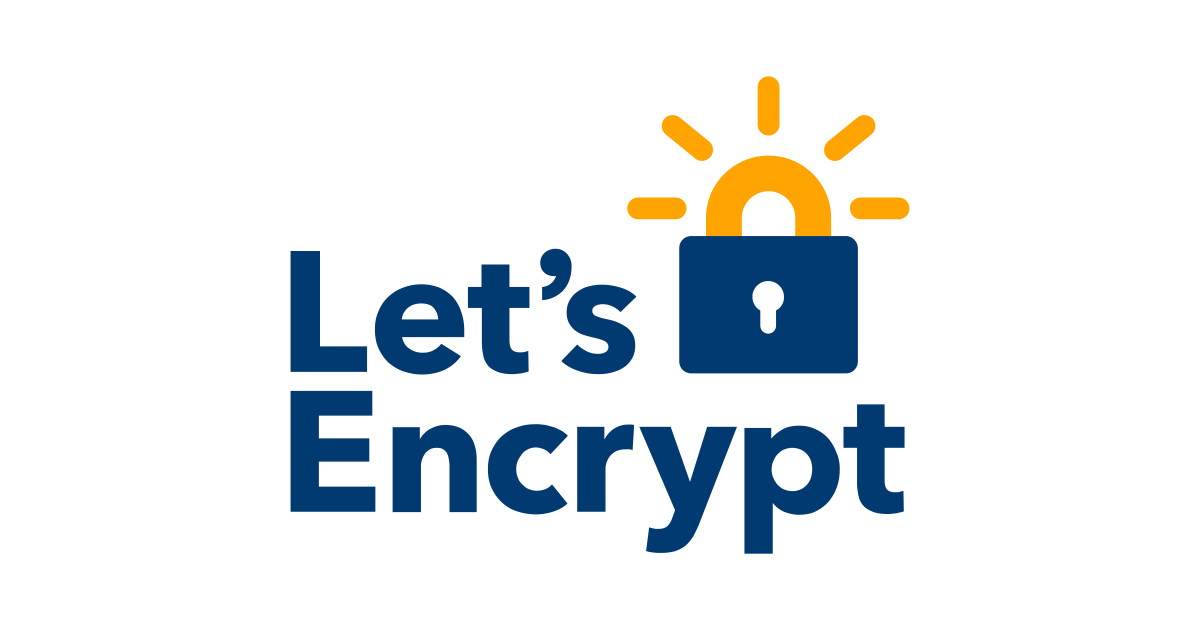- cross-posted to:
- web_hosting
- security
- cross-posted to:
- web_hosting
- security
When Let’s Encrypt first launched, we needed to ensure that our certificates were widely trusted. To that end, we arranged to have our intermediate certificates cross-signed by IdenTrust’s DST Root CA X3. This meant that all certificates issued by those intermediates would be trusted, even while our own ISRG Root X1 wasn’t yet. During subsequent years, our Root X1 became widely trusted on its own. Come late 2021, our cross-signed intermediates and DST Root CA X3 itself were expiring.
Let’s Encrypt is one of the best things to ever happen to the Internet. It used to be a pain in the ass and take days to get certificates for domains and set them up on a server and now you can buy a domain and deploy a functional and secure website within 15 minutes. Lowering the barrier to entry for https was a game changer. I appreciate their clear communication about their timeline for changing their signing chain. If anyone is still using an 8 year old Android phone, it’s probably time for an upgrade anyway
A year or so ago I was doing some market analysis for work into the most widely adopted CA’s across the Internet. I found this analysis from w3techs that had LetsEncrypt at number 5, and IdenTrust at number 1 (https://w3techs.com/technologies/overview/ssl_certificate)
At the time I was pretty shocked. I’d never heard of IdenTrust, and half the internet seemed to be using LetsEncrypt… so how was this possible? It was only when I looked into it further I discovered that the vast majority of existing LetsEncrypt certificates were cross-signed by IdenTrust, so I suspect this analysis by w3techs was skewed as a result, classifying cross-signed LetsEncrypt certificates as signed by IdenTrust (as they kind of are).
It’ll be really interesting to see what happens post 2024 when the last of the cross-signed certificates expire. My expectation is that IdenTrust will plummet in that ranking and LetsEncrypt will take the top spot.




